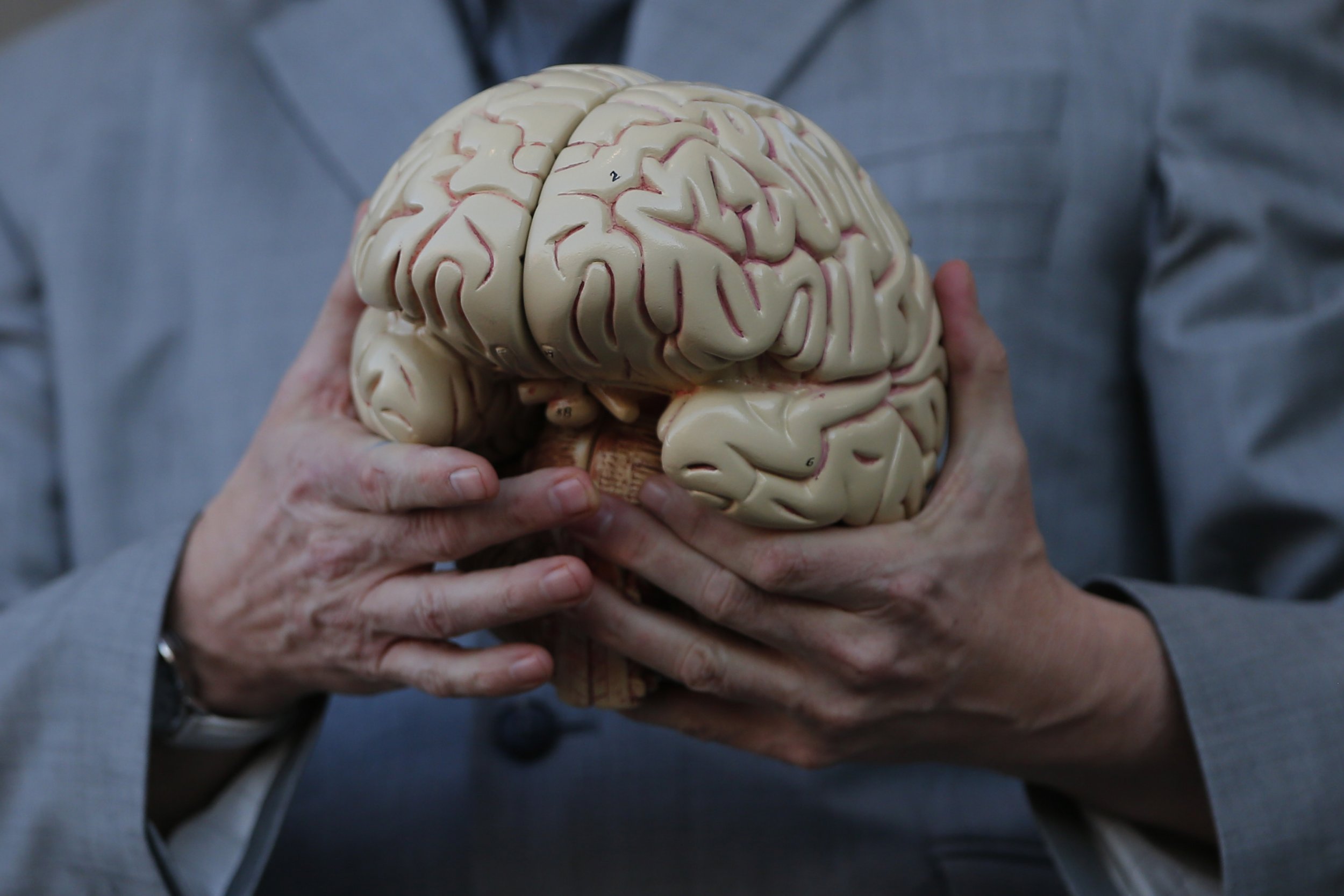
A new study found shocking evidence to suggest that Alzheimer's begins in childhood, with babies younger than a year old displaying signs of the disease. The research emphasized that earlier intervention is necessary to prevent the disease and addressing air pollution may play a key role.
Researchers examined the autopsies of 203 residents of Mexico City and published their findings online in Environmental Research. The bodies ranged in age from 11 months to 40 years old.
The researchers specifically looked at levels of two abnormal proteins associated with Alzheimer's—hyperphosphorylated tau and beta amyloid. Many of the bodies displayed heightened levels of these two proteins in the brain, even in children less than a year old. Evidence of early signs of Alzheimer's disease was found in 99.5 percent of the subjects examined.
The study theorized that exposure to air pollution may be behind these heightened abnormal protein levels in young brains. Children exposed to cleaner air performed better in various categories, including cognitive performance, lead study researcher Dr. Lilian Calderón-Garcidueñas, a professor in the department of biomedical and pharmaceutical sciences at the University of Montana, told Newsweek. Calderón-Garcidueñas, who also collaborates with Universidad del Valle de Mexico, compared children by age, gender, socioeconomic status, the IQ of their mother, nutrition and education.
Related: Alzheimer's disease damage completely erased in human cells by changing structure of one protein
Research suggests that when individuals breathe in small particles of air pollution, these can enter the blood, where they are carried to the brain. However, we don't know which particles in air pollution are damaging or how much exposure is needed before real health problems can develop, Popular Science reported.
While this study cannot prove that air pollution directly leads to brain damage, it adds to an increasing pool of research that suggests a correlation.
Related: Alzheimer's disease proteins may be contagious and spread through dirty medical tools
Calderón-Garcidueñas explained that she was particularly surprised by the striking affect that the gene APOE4 had in the bodies she examined. Those with this gene who were also exposed to air pollution had accelerated progression of Alzheimer's disease as well as an increased risk of suicide, compared to those with the same exposure who did not have the gene.
"This has to be of interest to everybody, 13 to 20 percent of the USA population carries an APOE4 allele," said Calderón-Garcidueñas.
These results stress how important it is to reduce air pollution, Calderón-Garcidueñas noted. While some disease risk factors are not modifiable, such as genetic disposition, air pollution is.
"Air pollution control has to be prioritized," said Calderón-Garcidueñas. "Pollution is serious [and] chronic, people are exposed from conception to death."
Uncommon Knowledge
Newsweek is committed to challenging conventional wisdom and finding connections in the search for common ground.
Newsweek is committed to challenging conventional wisdom and finding connections in the search for common ground.
About the writer
To read how Newsweek uses AI as a newsroom tool, Click here.








